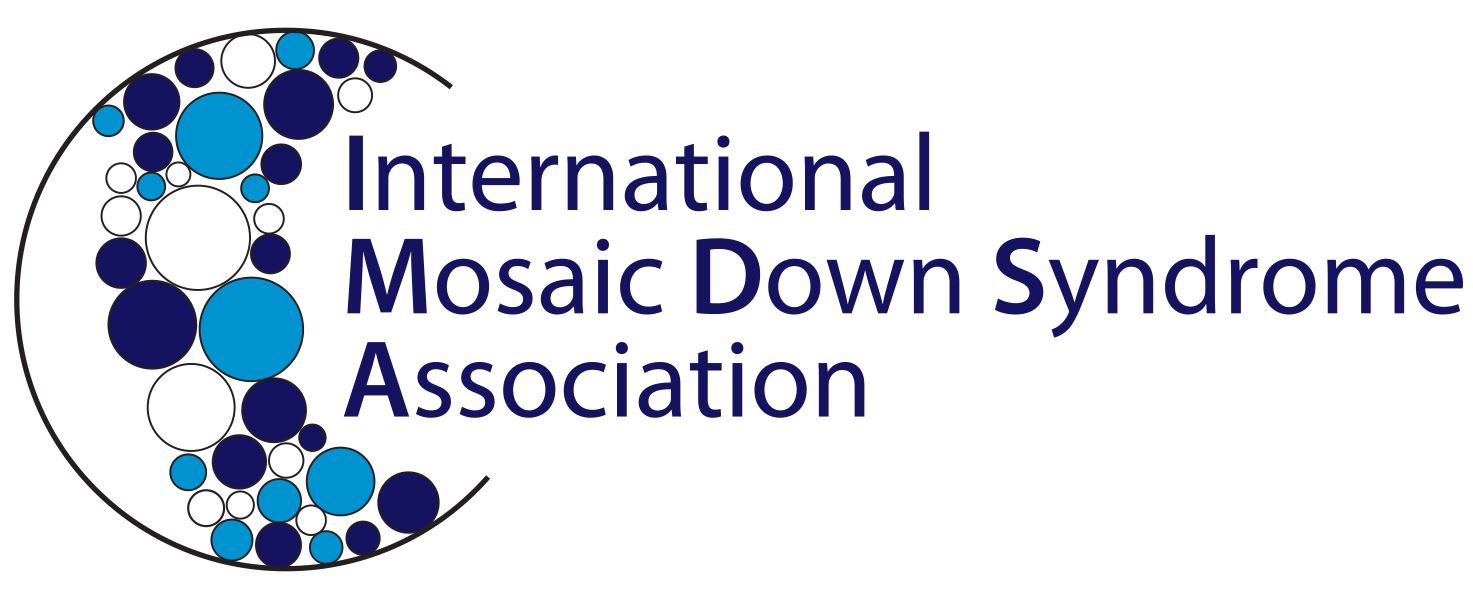Menu
Log in
Please log in to continue
Please login to continue to the page you have requested.
International Mosaic Down Syndrome Association
PO Box 321, Grand Haven, MI, 49417
Powered by Wild Apricot Membership Software
Please login to continue to the page you have requested.
